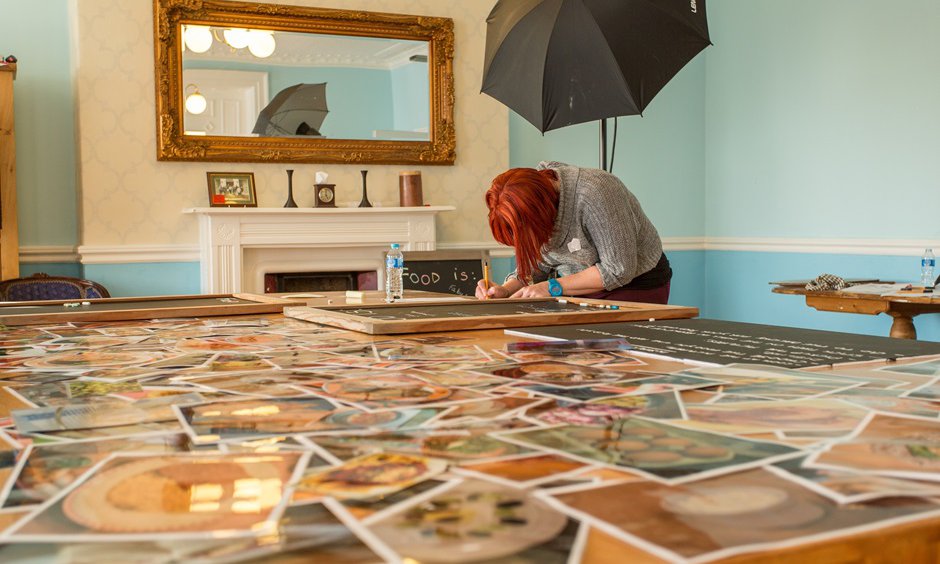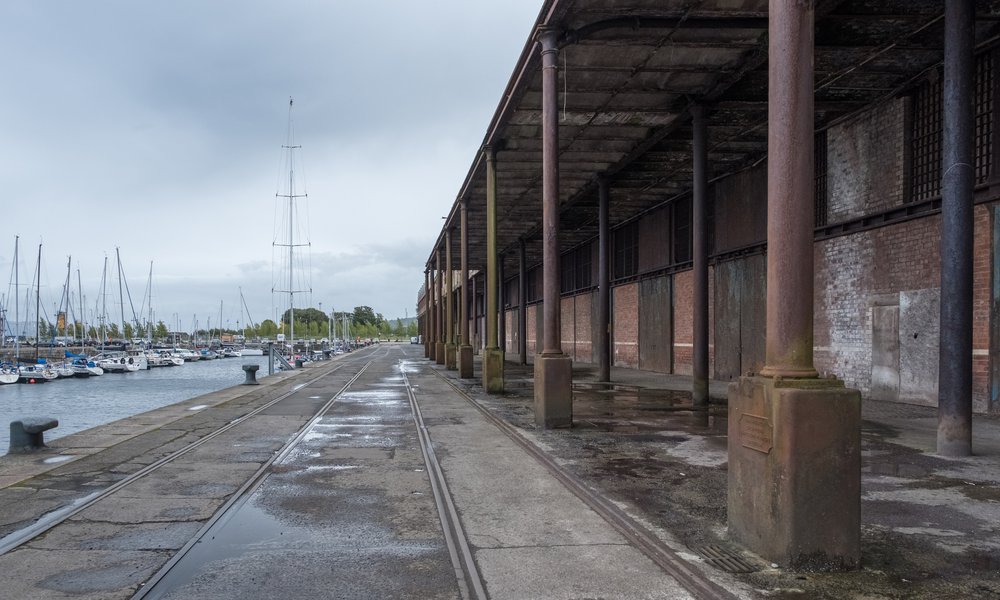Seven fascinating research projects made possible by British Academy/Leverhulme Trust Small Research Grants
25 Jan 2018
Today, the British Academy announced a £500,000 a year boost to its popular Small Research Grants funding programme.
The British Academy/Leverhulme Trust Small Research Grants are available to support primary research in the humanities and social sciences.
From tackling domestic and sexual violence against women to pioneering new methods of curating historic videogame consoles, or investigating the 19th century living conditions of working-class communities in Northern Ireland, these grants have funded a huge variety of research projects over the years.
Here are seven projects to inspire you:
1. Why Do Some Men Take a Public Stand Against Men’s Violence Against Women?
Professor Nicole Westmarland

For the last year, Professor Nicole Westmarland and her colleagues at Durham University have been working with academics and activists across the UK, Spain and Sweden to better understand the factors that enable men to actively and publicly take a stance against men’s violence against women.
By doing so, the team hope to encourage more men to publicly oppose domestic and sexual violence against women and to reframe these issues as ones that men should be talking about.
Violence against women is a men’s issue, as well as a women’s issue. It is an issue that men and women should both feel ownership of and want to do something about. It shouldn’t just be left to survivors of abuse to end abuse.
Read more about Professor Westmarland’s research in her blog post.
2. Game Over? Evaluating and Co-ordinating Videogame Curation Policy
Professor James Newman

Videogames are widely recognised to be of great cultural and economic significance, not least to the UK’s creative industries, yet curation practices remain uncoordinated with no clear leadership at national or international level. As such, much videogame software and hardware is already unplayable and development processes are unrecorded.
Recognising that this robs future generations of knowledge about their cultural heritage and hinders future game developers, Professor James Newman of Bath Spa University has been reviewing how videogames are curated and preserved across the UK, Europe and Japan, to identify best practice and map opportunities for international collaboration.
3. Muslim Women in Britain c. 1890 to 1948: Historical Grounding for Modern Debates
Dr Sariya Cheruvallil-Contractor
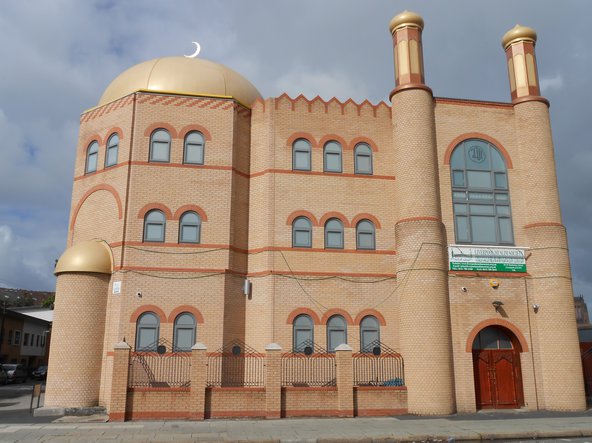
“Al-Rahma Mosque, Liverpool" by Rept0n1x is licensed under CC BY-SA 3.0
Sociologist Dr Cheruvalli-Contractor of Coventry University wants to develop a more comprehensive understanding of Muslim heritage in the UK and, more specifically, to shed light on the lives of female Muslims living over 100 years ago.
Most of her research focuses on working class women who worshipped at the Liverpool mosque established by Abdullah Quilliam in the late 19th century, and middle-upper class women - such as Lady Evelyn Cobbold – who converted to Islam.
My project is about uncovering who these women were and what they did, and uncovering their stories to look at what we can learn from those early British Muslim communities.
4. Reconnecting with the Past: A Cross Community Inclusive Research Excavation in Sailortown, Belfast, Northern Ireland
Dr Liz Thomas
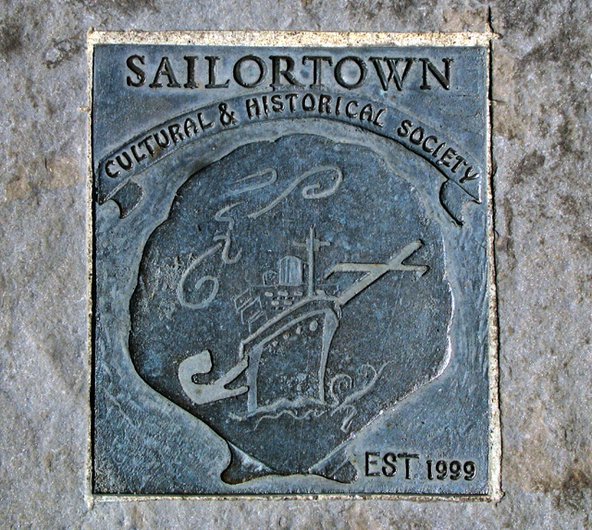
“Sailortown plaque, Belfast" by Ross is licensed under CC BY-SA 2.0
This community archaeology project – the first of its kind in Northern Ireland – was designed to investigate the living conditions and sense of community of 19th and 20th century Sailortown, a former working-class dockland community in Belfast.
The ultimate aim of the project, says project lead Dr Liz Thomas, was to “help disentangle the real from the imagined, challenging the existing legacy of Sailortown, while simultaneously reconnecting present and former residents of that community with their past.”
As well as discovering the archaeological remains of a 19th century house and household artefacts (revealing lots of information about contemporary living conditions), Dr Thomas and her colleagues drew plenty of public engagement.
“The excavation received wide media attention at local, national and international levels,” says Dr Thomas, “and politicians and dignitaries from a number of different backgrounds in Belfast praised and visited the excavation. The project also led to the development of a street exhibition displaying archaeological and historical information about the site, as well as further funding for more regional regeneration projects - namely the restoration of a local church (Heritage Lottery, The Historic Environment Fund Heritage Regeneration Stream).”
5. Developing Wellbeing Tools with Young Citizen Social Scientists in Three Countries
Dr Stella Chan

Described by lead researcher Dr Stella Chan as “a hybrid project between research and public engagement”, Project Soothe seeks to collect a bank of soothing images for use in psychotherapy. It is unique in that it adopts innovative ‘citizen scientist’ methodology, inviting the public to submit images that they find relaxing.
Fundamentally, says Dr Chan, the project is about developing new ways of supporting those with long-standing mental health problems, and getting away from the stigmatised attitudes we have towards mental health as a society.
Traditionally, research into mental health has been based on a ‘disease model’, implying that there is something wrong with individuals suffering from mental health problems. As a society, it is important we recognise mental health problems are very common.
“From a clinical perspective, we need to find new and un-stigmatised ways to help people cope with everyday stress. We need to give people more choices. Project Soothe seeks to provide people with such resources.”
Read an interview with Dr Stella Chan and find out more about Project Soothe.
6. ‘Pit talk’: the disappearing dialect of the East Midlands
Dr Natalie Braber
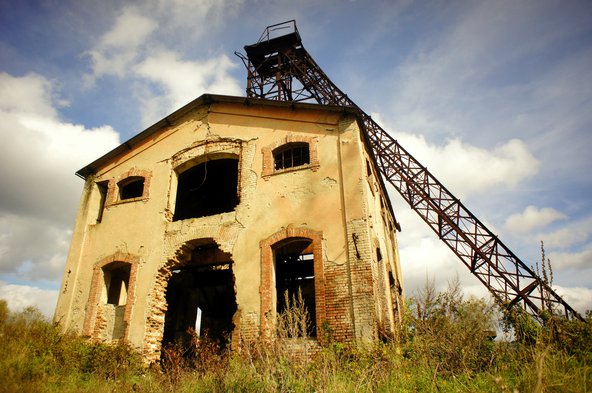
Dr Braber was awarded three small grants by the British Academy, one of which examined ‘pit talk’, the language of miners in the East Midlands. Each region, coalfield or village had its own distinctive identity and vocabulary, but with the disappearance of the coalfields, this dialect is under threat. Dr Braber worked with the mining community to collect, record and analyse its unique and endangered language.
She says: “The main assistance in all of these grants was being able to recruit a Research Assistant. Having help with collecting data, conducting interview and working with experiments really allows the research to move forward in a way that wouldn’t be possible otherwise.”
“As part of the ‘pit talk’ project we were also able to hold a really nice celebration event at the end of the project. Much of this project was engaging with miners and former miners and we held an event to show some of our results.”
There was quite a lot of media interest in pit talk and I appeared on BBC Radio Nottingham, Derby and Leicester and on Notts TV. The results were published in a non-academic book (‘Pit talk of the East Midlands’ Bradwell Books, 2017), which we launched with a popular event at Waterstones in Nottingham.
Following the pit talk project, Dr Braber has applied successfully to the Heritage Lottery Fund to engage school children and mining heritage groups with an arts project related to coal, and is currently working on an AHRC Leadership grant to do more work on this area. Her first British Academy small grant, examining to what extent oral history archives could be used by linguists to examine language variation, resulted in funding from her university to collect and analyse more data which will be published in the coming year.
Dr Braber is now working on a third project funded by a Small Research Grant to examine the accuracy of ear witness testimonies used to describe a perpetrator’s voice, and whether we can improve how such processes are carried out by police and used in court trials.
7. Sociolinguistic Perspectives of Catalan in France
Dr James Hawkey

While many know Catalan as a regional language of Spain, its presence in southern France is often overlooked. In recent years, there has been increasing concern with how language attitudes relate to behaviour patterns.
Dr James Hawkey (University of Bristol) explored the relationship Catalan speakers have to their language in and around the southern French city of Perpignan.
“I discovered that, if participants viewed Catalan as a prestigious, world language, they were likely to not speak with such a local accent; in other words, they eschew local forms and speak more like people in Barcelona”, he said. “And, if participants viewed Catalan as a language of the home, and of friendship, they were more likely to have a stronger local accent.”
The Small Research Grant funded two research trips to Catalan-speaking France, as well as allowing Dr Hawkey to present his findings at an international conference in Canada. It also laid the foundations for the publication of a book on the subject, Language attitudes and minority rights: The case of Catalan in France, which aims to bring about a shift towards a more inclusive language policy in Catalan-speaking regions in France.
Like many other holders of Small Research Grants, Dr Hawkey was successful in gaining further funding to continue his research. “Before my grant had finished, I had secured my next, bigger grant. This was also through the British Academy, as part of its Tackling the UK’s International Challenges scheme. This new project looks at migrant language practices in Andorra and Luxembourg.
The Small Research Grant was therefore instrumental in my early career, and constituted the first phase of what I hope will be a long and fruitful relationship with the British Academy.
Find out more about the British Academy/Leverhulme Trust’s Small Research Grant.
